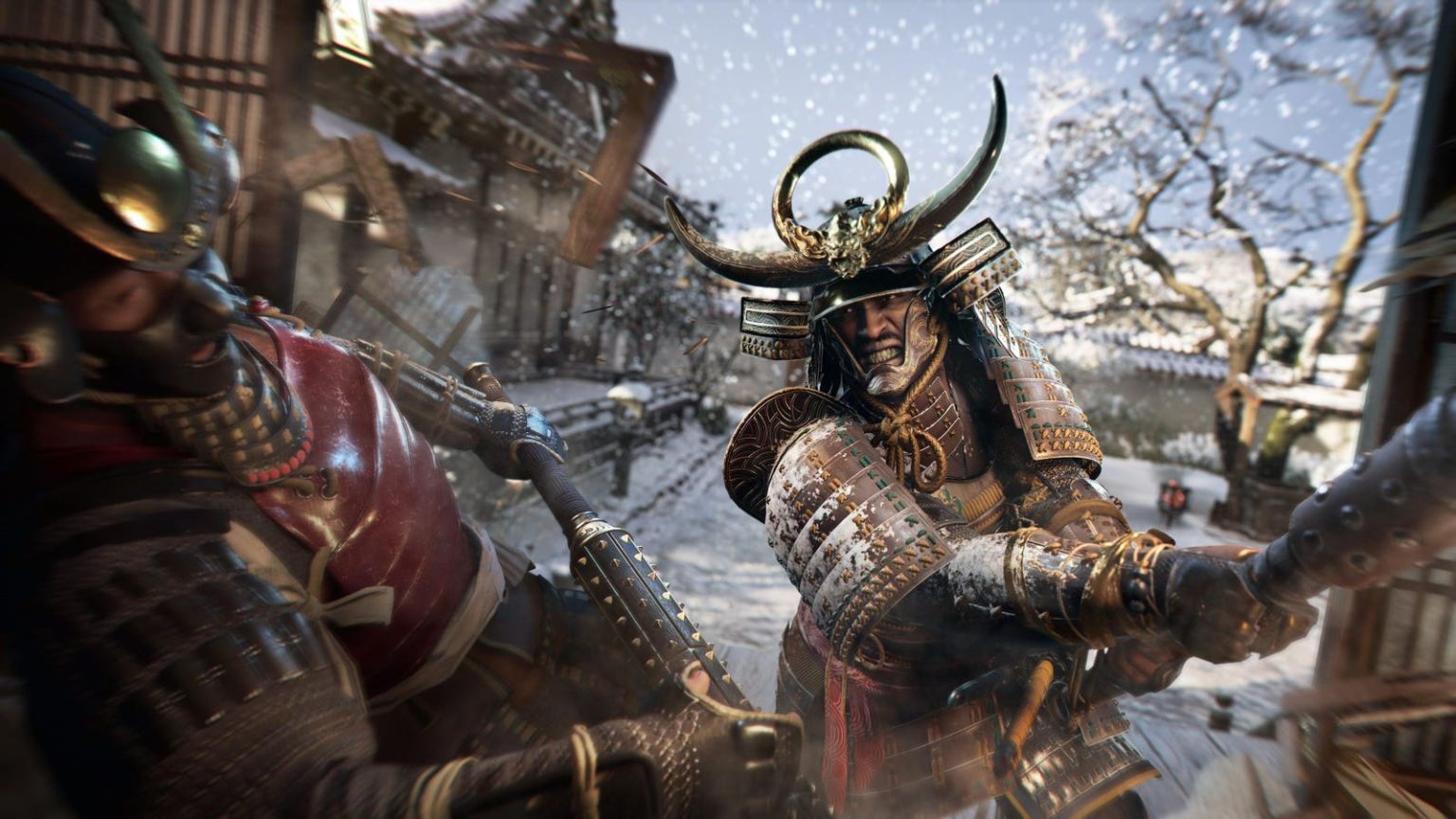Ubisoft recently released a new trailer for Assassin’s Creed Shadows, set in feudal Japan, featuring a historical figure named Yasuke. Yasuke lived in Japan during the 16th century and was likely of African origin. While very little is known about him, Yasuke’s inclusion in the game has left Japanese gamers puzzled, as they have been eagerly anticipating a game set in Japan.
The game also features a ninja from Iga, a region in Japan known as the birthplace of ninjas. Many gamers expected the game to focus solely on ninjas, as Japan is often associated with stealth and assassinations. However, Ubisoft made the decision to include Yasuke as a samurai, leading to confusion and backlash from Japanese fans who feel the game is straying from historical accuracy.
Yasuke has been depicted in various fictional works, such as Afro Samurai and the Netflix series Yasuke, where he is portrayed as a cool samurai. While these portrayals take creative liberties with history, Assassin’s Creed is known for its attention to detail and historical accuracy. Japanese gamers are questioning the decision to deviate from historical events in a series that prides itself on authenticity.
The controversy surrounding Yasuke’s portrayal in Assassin’s Creed Shadows has sparked an edit war on Wikipedia and heated discussions online. Many Japanese gamers are disappointed by the apparent rewriting of history in the game and feel that Ubisoft missed an opportunity to create a game focused solely on ninjas. Despite the backlash, the game is set to be released in November.
While some gamers may not be bothered by the inclusion of Yasuke in Assassin’s Creed Shadows, Japanese fans are expressing confusion and disappointment over the departure from historical accuracy. The decision to feature Yasuke as a samurai in a game about stealth and assassinations in feudal Japan has raised concerns about fidelity to historical events in the Assassin’s Creed series.
Ultimately, the controversy surrounding Yasuke’s portrayal in Assassin’s Creed Shadows highlights the importance of balancing creativity with historical accuracy in video game development. Japanese fans are eager to see how Ubisoft addresses these concerns and whether the game will deliver an engaging and authentic experience for players when it releases later this year.


